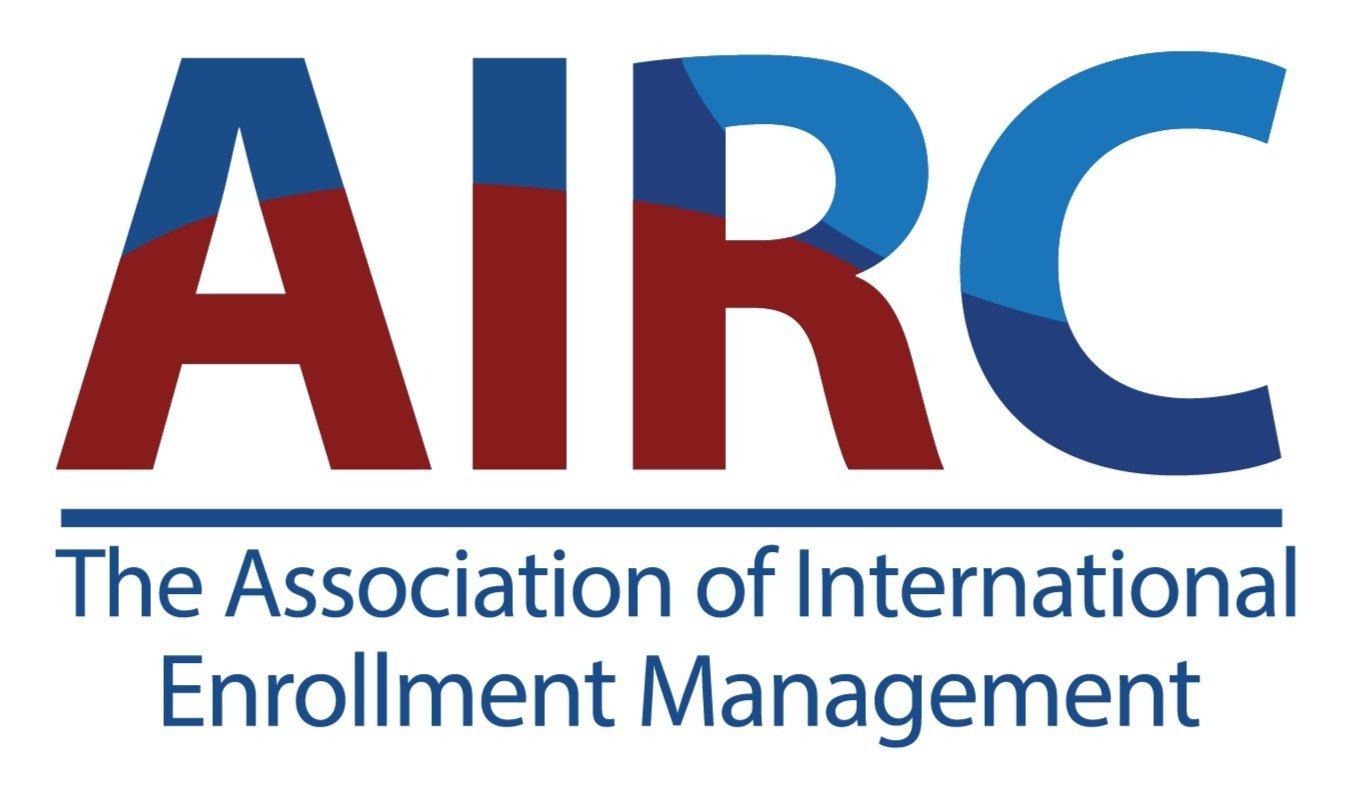Marybeth Gruenewald, ECE® Director of Global Initiatives, explains three distinct and dishonest international education players and how agents and international admissions officers and recruiters can identify and avoid these perpetrators of fraud.
Legitimate and state-recognized colleges and universities provide unified programs of education that hold academic standards for admission and graduation, offer classes, employ credentialed instructors, offer student support services, and navigate a student’s journey with direction and guidance.
Player Number One:
Red flags abound when diploma mills reveal themselves to us. Historically, they have advertised in small notices within printed newspapers. With the advent of the internet, they have become more savvy, colorful, and bold. What are common tactics these unaccredited schools use? What are alerts that tell you, “this is too good to be true!”
Students pay for degrees with these fraudulent players offering a piece of paper for $100-$500 USD.
The message to buy is displayed with a sense of urgency. Buy now! Special deal if purchased within 24 hours!
What will these dollars give you? A piece of paper with no legitimate value. Not a legitimate qualification that potential employers will require. Not a legitimate degree accepted by any professional state board. And surely not a legitimate academic record for pursuing further education in another country!
Diploma mills will promise a degree in a very unrealistic short time-----weeks, months not years!
Diploma mills do not educate students; they mislead them and offer a scam.
Diploma mills may use international addresses to avoid U.S. and other countries’ laws.
If they do list a United States physical address, most likely that address will be the location of a nebulous post office box.
Diploma mills might offer a toll-free telephone number listed in the United States; yet, your telephone call is answered by someone in another country.
Students may receive an unbelievable amount of course credit from work or life experience.
There are no required examinations, theses, or dissertations.
Their websites show an abundance of warning signs:
No physical address or contact information will be listed on its website.
The website does not have an .edu address.
The school name sounds terribly like a legitimate institution of higher learning. Example: University of Greenwich is a fully recognized public university in the U.K whereas Greenwich University began in Missouri, moved to Hawaii, and then settled in Norfolk Island, Australia. The latter was never recognized by any accrediting body. In 2002, Australian legislation passed to prevent further operation. It had been deemed a degree mill by the Sydney Morning Herald.
Notably, if any of these fraudulent players list accrediting agencies on its website, none of those accreditation agencies are approved by the U.S. Council for Higher Education or any other countries’ recognition body. And that last sentence brings us to
Player Number Two:
What exactly is accreditation or institutional recognition? Institutional accreditation in the United States is a voluntary process where the higher education establishment will self-regulate and open itself to peer review. It assures prospective students that it meets a series of quality standards and expects institutions to maintain good practices in higher education in terms of operations, validity, and legality. Beyond the United States, Institutional Recognition is established by Ministries of Education, Grant Commissions, Charters, or via programmatic requirements.
In the grand scheme of things, if diploma mills exist and must prove their dishonest legitimacy with an accreditation mill, then eventually that legitimacy would have to be substantiated by their credentials being recognized for further education, professional licensure, employment, and yes, even immigration. Hence, the fake credential evaluation report, or
Player Number Three.
There is no single authority in the United States for the recognition of institutional degrees and other qualifications, per the U.S. Department of Education. Professional, competent, and legitimate credential evaluation organizations within the United States are independent companies who follow a prescribed list of proven, high-quality standards, and best practices within the applied comparative education field.
Within the United States, these credential organizations can be bylaw-abiding members of non-profit industry-led organizations such as the National Association of Credential Evaluation Services (http://www.naces.org) which was founded in 1987 or the Association of International Credential Evaluators (https://aice-eval.org) which formed in 1998.
Beyond the borders of the U.S., the Alliance for Credential Evaluation Services of Canada exists to join together independent Canadian credential services (https://www.cicic.ca/), and within Europe, for example, members of the European Network of Information Centers or National Academic Recognition Centers provide authentic credential assessment services for educational and professional purposes (https://www.enic-naric.net/).
Any and all of these deceptive higher education players will prey on unsuspecting international students and uneducated parents. As professionals in the higher education exchange field, we all have a duty to inform and guide our clients down the legitimate path to their pursuit of further education. Readers’ comments can be addressed to the author at marybeth@ece.org.




